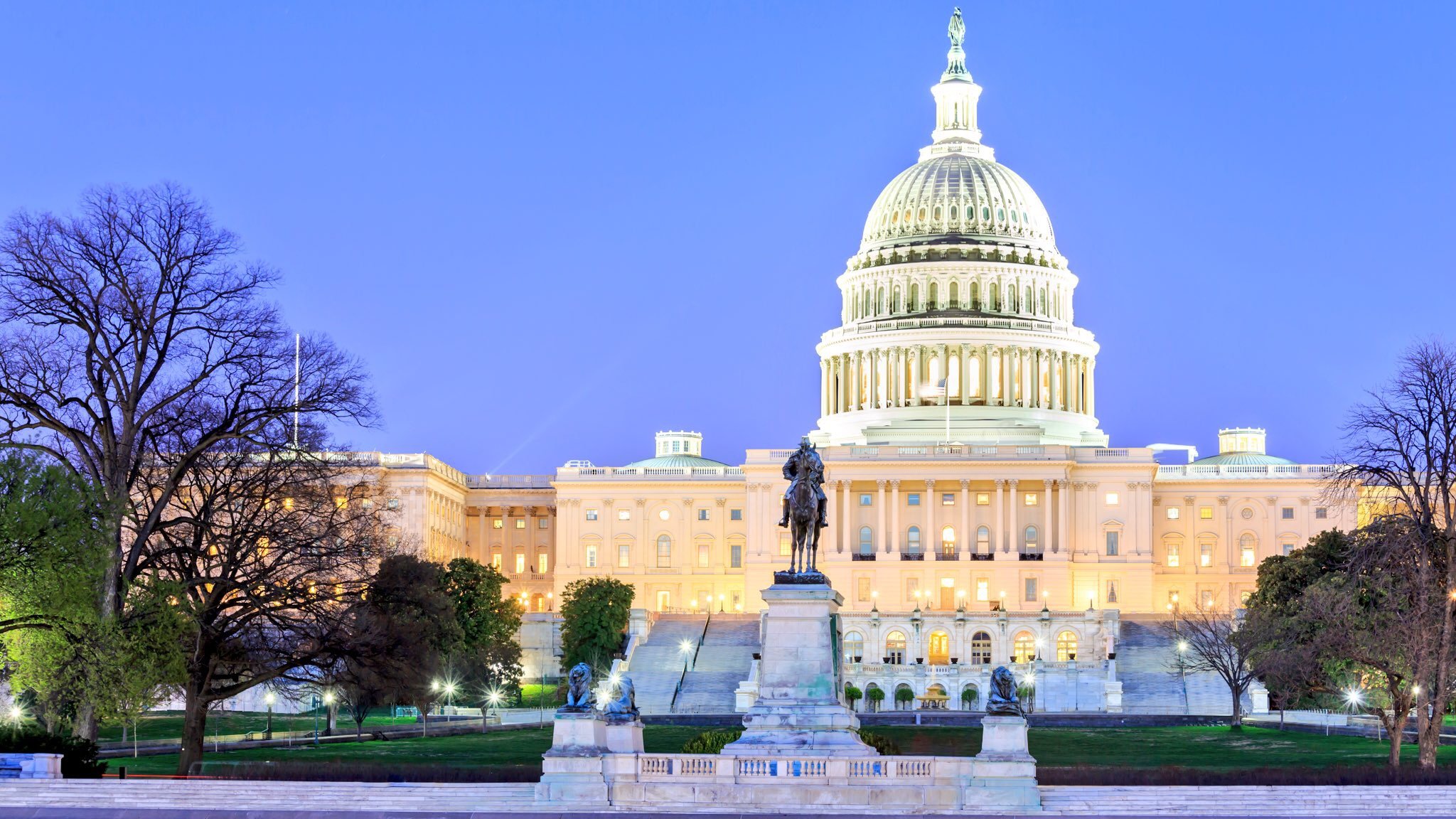![Administrative Agencies and Antitrust in 2024: Major Developments and a Look Ahead [Part 1]](https://images.squarespace-cdn.com/content/v1/5f303057191d634553dc0725/1715872880475-MMJF5M86WTT0KQJ595V6/download.jpg)
Administrative Agencies and Antitrust in 2024: Major Developments and a Look Ahead [Part 1]
This is the first panel of a conference hosted by the Committee for Justice examining FTC and DOJ agency actions, congressional oversight, litigation, the effects of Lina Khan’s approach on the economy and the law, and what we can expect to see in 2024.
![Administrative Agencies and Antitrust in 2024: Major Developments and a Look Ahead [Part 2]](https://images.squarespace-cdn.com/content/v1/5f303057191d634553dc0725/1715872424787-DS04FJ63MNDYGDP5681B/images+%281%29.jpg)
Administrative Agencies and Antitrust in 2024: Major Developments and a Look Ahead [Part 2]
This is the second panel of a conference hosted by the Committee for Justice examining FTC and DOJ agency actions, congressional oversight, litigation, the effects of Lina Khan’s approach on the economy and the law, and what we can expect to see in 2024.
![Administrative Agencies and Antitrust in 2024: Major Developments and a Look Ahead [Part 3]](https://images.squarespace-cdn.com/content/v1/5f303057191d634553dc0725/1715872192499-VGD2BHK49K42ORSAPZY2/images.jpg)
Administrative Agencies and Antitrust in 2024: Major Developments and a Look Ahead [Part 3]
This is the third panel of a conference hosted by the Committee for Justice examining FTC and DOJ agency actions, congressional oversight, litigation, the effects of Lina Khan’s approach on the economy and the law, and what we can expect to see in 2024.
![The FTC in Courts and Congress: Here Comes Trouble? [Part 1]](https://images.squarespace-cdn.com/content/v1/5f303057191d634553dc0725/1715882638645-R77F6RA3MW58CILYT6C0/7.13+Antitrust+Panel+YouTube+Thumbnail+%281920+%C3%97+1080+px%29.png)
The FTC in Courts and Congress: Here Comes Trouble? [Part 1]
This is the first panel of a two-part discussion on the Federal Trade Commission (FTC) in both the courts and in Congress, examining potential constitutional challenges, congressional oversight, and legislative priorities.
![The FTC in Courts and Congress: Here Comes Trouble? [Part 2]](https://images.squarespace-cdn.com/content/v1/5f303057191d634553dc0725/1715882955795-HOJ4O548LVD3W0YG2BO0/Panel+2+7.13+Antitrust+Panel+YouTube+Thumbnail+%281920+%C3%97+1080+px%29.png)
The FTC in Courts and Congress: Here Comes Trouble? [Part 2]
This is the second panel of a two-part discussion on the Federal Trade Commission (FTC) in both the courts and in Congress, examining potential constitutional challenges, congressional oversight, and legislative priorities.

Urging a “No” on H.R. 3843, the "Merger Filing Fee Modernization Act"
The following memo was sent to members of the U.S. House of Representatives and their staff, opposing H.R. 3843, the "Merger Filing Fee Modernization Act."

ColemanNation Podcast: The Biggest Monopoly

Congressional Briefing on Antitrust Enforcement: What If? Consequences of Proposed Antitrust Legislation
Experts will discuss the consequences of current proposals, including how they would play out from an enforcement perspective, and why certain proposals are an affront to the rule of law.

Upcoming Event: Antitrust and the Rule of Law: Past, Present, and Future
This event will feature two panel discussions with experts on key issues in antitrust law, followed by a reception for attendees.

Statement for the Record on Hearing: ‘Transforming the FTC: Legislation to Modernize Consumer Protection’
On July 1, 2021, the Federal Trade Commission (FTC), after allowing six days for public comment, voted to rescind the 2015 Statement of Enforcement Principles Regarding “Unfair Methods of Competition” (UMC) Under Section 5 of the FTC Act. On July 21, 2021, the FTC voted to rescind its bipartisan 1995 Policy Statement on Prior Approval and Prior Notice Provisions in merger cases.
Notably, both of these actions – along with other significant changes – were effected along party lines, with limited opportunity for public input, and without dialogue among the Commissioners. Today’s hearing will consider a wide array of reforms, many of which are relevant to the level of discretion and enforcement principles under FTC Act § 5 and to the broader capabilities and mandate of the Commission.
Comments In Re: Rescission of 1995 FTC Statement on Prior Approval and Prior Notice Provisions
It is troubling that the FTC will be considering a significant shift in policy as the open meeting agenda will include this sudden push to revoke the 1995 statement. Of particular concern is the rejection of the prior approval provision.
With the adoption of the 1995 statement, the Commission accepted the Hart-Scott-Rodino (HSR) Act framework as adequate for handling mergers and thereby determined that prior approval of future acquisitions by a respondent should no longer be required as a routine matter.
The rescission of the 1995 statement is another step in the direction of rejecting the HSR regime which, in the words of Peter W. Rodino, Jr on the 25th anniversary of the Act, “absolutely has transformed merger enforcement. Competition, as well as the consumer, has benefitted.”

Comments In Re: Rescission of 2015 FTC Statement on Unfair Methods of Competition
Abandoning the 2015 statement’s framework would remove important guardrails that established predictability and guidance in enforcement actions. The lack of predictability resulting from the FTC’s re-expanded discretion in invoking broad Section 5 authority on a case-by-case basis would create uncertainty for businesses of all sizes and across all industries. The Commission’s misadventure into UMC expansionism would generate unwarranted confusion, and eventually courts would have to grapple with questions of interpreting the outer boundaries of Section 5 authority that were previously cabined by the 2015 statement.

